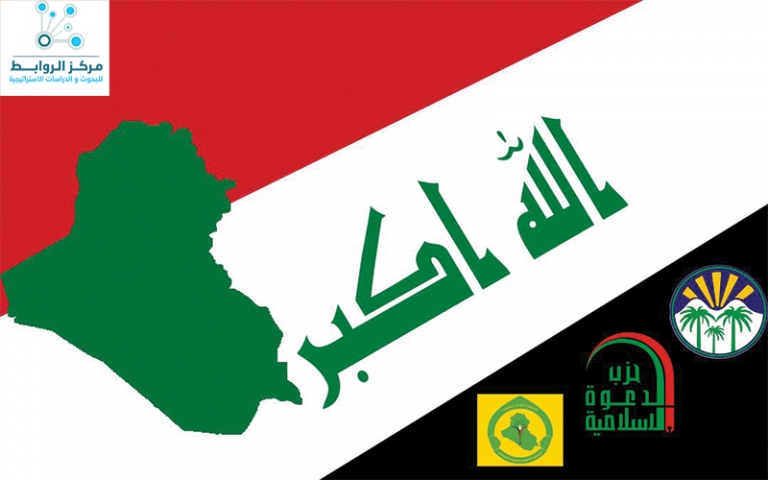The period of preparation for the upcoming parliamentary elections in Iraq was characterized by several features and gave a political impression that it differs from the rest of the pre-elections that took place after the US invasion of Iraq and many features and political programs of political parties and movements have been changed seeking to participate in the elections and began to think about how to market itself and impose its will again on the citizens and gain the confidence of the voters after they touched the fact of its failure and lack of understanding of the goals and aspirations sought by the Iraqi people with all affiliations and sects, we saw many of these parties, specifically the religious ones that have taken from religion a cover and veil to achieve their goals and self-interest and intensified the exploitation and waste of money and wasting opportunities for progress to Iraq and its people, and touched the fact that the mass are staying away from them , but rejected them and the lack of harmony with them and criticism of it and the matter reached to fight it and the announcement of the confrontation and thought of several possibilities to counter this tide and popular reaction and saw it is appropriate to change its names or its leaderships, and dissociating itself from its political and organizational positions and forming other parties with different names but did not know that this will not change the essence of its ideas and the adherence of its leaders to their behavior and their relationship with the Iraqi people.
As for this, we noticed Mr. Ammar al-Hakim’s disconnection from ISCI and the formation of his own faction, which he claimed to represent a liberal ideology called the ” National Wisdom Movement AlHikma” and the same with the Sadrist movement, which went far in alliance with the Iraqi Communist Party and a number of liberal and democratic political figures in an alliance called (Saeroon “).
And the leader of the Iraqi Islamic Party, Muhammad Iqbal, the current Minister of Education did the same as he formed an alliance with the Iraqi Party of al-Hal.
As for the Dawa Party, he defined the course of its participation in the elections by allowing its leaders to form alliances without naming the party noting that the Al-Nasr alliance was established by Haidar al-Abadi, the prime minister, one of the most prominent leaders of Dawa Party with keeping the name “state of law” (Dawlat al-Qanoon) led by al-Maliki.
The most important reasons that we can stand on it to discuss the status of religious parties in Iraq, according to different affiliations and ideas are based on:
1. These parties and its leaders have not lived up to the suffering of the Iraqi people and nation, and have not been aware of the grievances and injustices that have done to them. They have not been able to keep up with the reality of the tragic situation that they are experiencing.
2. They went very far from the main ambitions and goals that the Iraqi people seek to achieve a decent life and a bright future for it and its future generations and thus they did not foresee the future with conscious and open eyes .
3. The do not have political programs and economic vision and broad social horizon that can look at the reality of what is happening in Iraq and how to get out of the crises experienced by the Iraqi society and the weakness of its will to change.
4. There is no clear harmony between the facts of Iraq and the policies adopted by these parties, which are far from the painful reality that is felt and touched by the people of the homeland and therefore it has become having words without deeds.
5. The political leadership of these parties, especially the Dawa party and the Iraqi Islamic Party directed their organizational cadres after the meeting of Shura Council of these two parties and take a similar decision to share the leaders of the two parties by their names in the next elections and with private lists and alliances and non-participation with alliances and lists containing the names of the two parties recognizing the seriousness of its political position and the results of the elections they’ll get .
6. These parties have tended to prefer their own interests and sought to benefit from their access and control of power and their political and economic influence in strengthening their organizational reality and obtaining their funds and resources through several contracts that contributed to enhancing the image of political and economic corruption in Iraq.
7. These parties lost its luster and face they gained at the beginning of the US invasion of Iraq and its participation in the first elections legislated by the occupation after the acquaintance and knowledge of the Iraqi people the reality of these parties and its directions and affiliations and its pursuit of material gain and the achievement of its interests at the expense of the future of Iraq and its people.
Iraqi Studies Unit
Rawabet Center for Research and Strategic Studies

